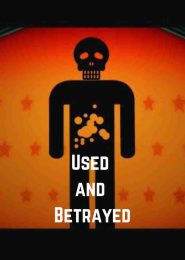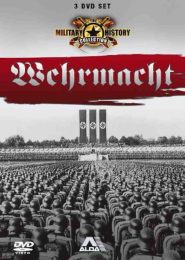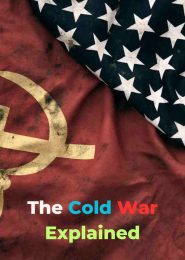History of World War II: Hiroshima (2005)
The documentary series History of World War II: Hiroshima, which premiered on the BBC in 2005, is a profound retelling of one of the most pivotal and devastating events of the 20th century. This docudrama, released to coincide with the 60th anniversary of the atomic bombing of Hiroshima, delves into the intricate details leading up to the world’s first nuclear attack and its far-reaching aftermath.
Narrated by John Hurt, the film employs a mix of historical reenactments, eyewitness accounts, and state-of-the-art computer-generated imagery to bring to life the events that unfolded over a three-week period, from the Trinity test in New Mexico to the fateful day when the atomic bomb was dropped on Hiroshima. The narrative is constructed around America’s political maneuvering and the strategic planning that culminated in this momentous event, which forever altered the course of history.
The documentary is not just a recount of the military and political developments; it is also a poignant exploration of human stories. It features interviews with six Japanese survivors, including Kinuko Laskey, a nurse; Morio Ozaki, an army cadet; Teruko Fujii, a tram driver; Thomas Takashi Tanemori, a schoolboy; Dr. Shuntaro Hida, a doctor; and Akiko Takakura, a bank clerk. Their harrowing testimonies provide a deeply personal perspective on the horrors of the atomic blast.
From the American side, the series includes insights from key figures such as Paul Tibbets, the commanding officer and pilot of the Enola Gay; Theodore Van Kirk, the navigator; Morris R. Jeppson, the weapon test officer; and Russell Gackenbach, the navigator of the photographic aircraft Necessary Evil. George Elsey, a White House Map Room Duty Officer, offers an eyewitness account of the Potsdam Conference, where the decision to use the atomic bomb was ultimately sanctioned.
Hiroshima is a documentary that does more than just document an event; it serves as a somber reminder of the destructive power of nuclear weapons and the human cost of war. It is a testament to the resilience of the survivors and a cautionary tale about the consequences of wielding such catastrophic power. The film was recognized for its impactful storytelling and production, winning an Emmy and three BAFTA awards in 2006.
This documentary is an essential watch for anyone seeking to understand the gravity of nuclear warfare and its enduring impact on the world. It stands as a powerful piece of historical documentation, ensuring that the lessons of Hiroshima remain relevant and are never forgotten.




